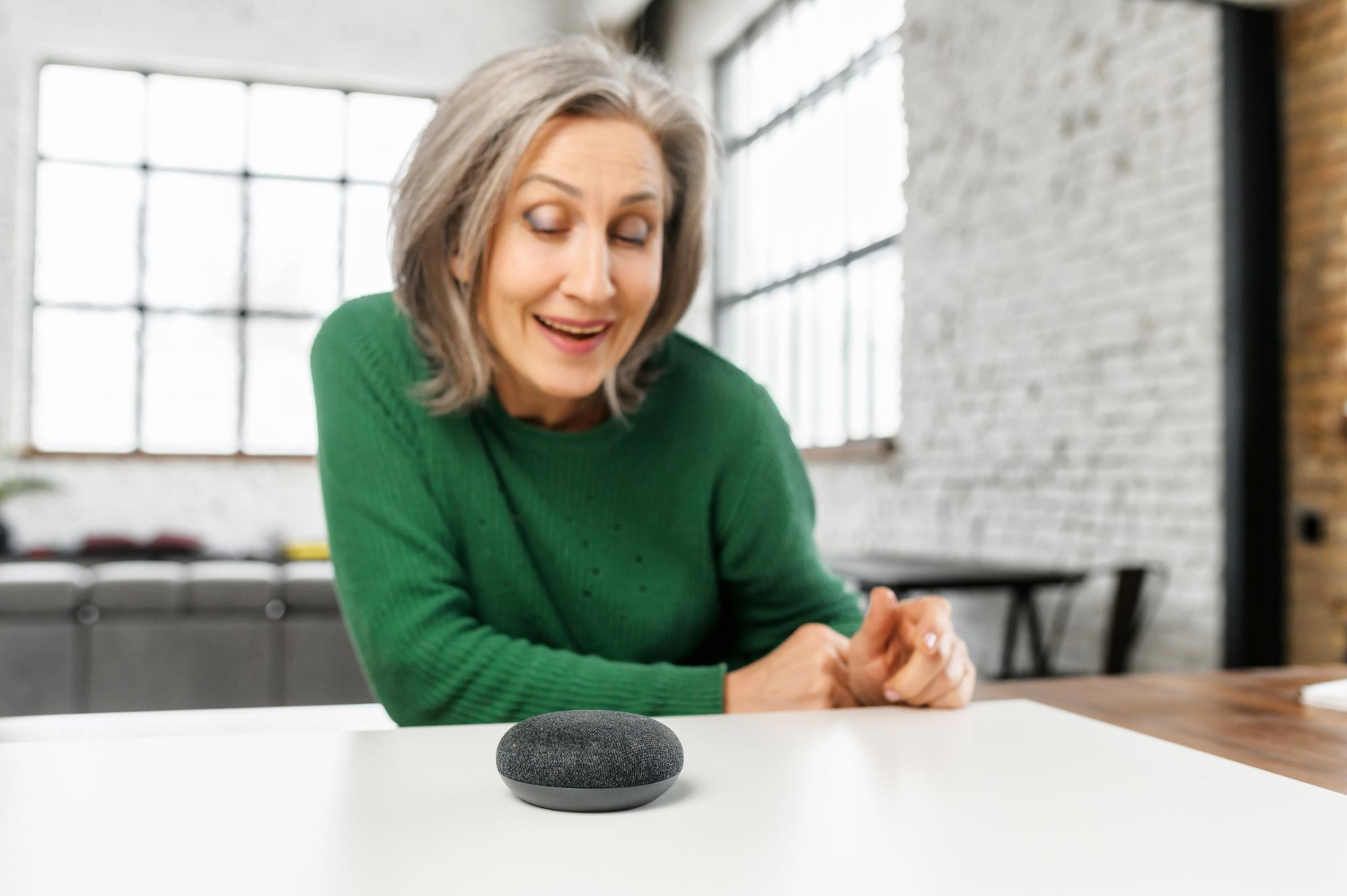Building Trust Through Empathy: Voice AI's Role in Personalized Senior Care
As citizens are living longer, the demand for individualized, empathetic care has perhaps never more been so critical. But healthcare globally has one common dilemma: balancing high quality, emotionally intelligent care with increasingly stretched human resources. Meet SeaX Voice AI, a game-changing solution transforming senior wellness care with human-centered design by its impact on senior well-being with high-end voice-based AI solutions.

Understanding Empathy in Senior Care
Elders don’t just need medical care – they need human interaction. There are literally countless research studies revealing older persons thrive with frequent, warm, friendly interaction with others who show an honest interest in their health. The World Health Organization identifies social loneliness as a major cause of early death, with risks similar to those of either smoking or obesity.
Why do seniors respond better to empathetic communication?
Why this is so pertains to how changing emotional needs with increased age relate. Generally, older people are faced with reduced social networks, decreased mobility, and increased reliance on others—each interaction more so because of it. Transactional or overtly mechanistic communication fails to address these emotional needs and may increase feelings of alienation rather than reduce them The National institute on Aging suggests social connectedness as a determinant of cognitive well-being and emotional health in older persons.
How Voice AI Embeds Empathy into Communication
What’s new about today’s voice AI and what’s old about yesterday’s script-reading robot is its advanced Natural Language Processing (NLP) turning speech into a dialogue, and not a transaction.
SeaX from Seasalt.ai has led the way in voice platform innovation for sensing subtle tone variations, emotional status, and the degree of urgency change—the foundations blocks for how empathetic Voice AI improves personalized communication in elder care. In contrast to voice tech from previous generations, such systems respond in real time to specific senior activity and voice needs.

How can AI detect emotional states accurately?
With advanced voice pattern analysis, pauses, and vocabulary, as well as response timing, Sea X Voice AI can detect potential signs of distress, confusion, or emotional positive engagement. The system’s emotional intelligence enables it to adjust its approach accordingly – slowing down when confusing, or ratcheting it up if alarm bells are ringing
Use Case: Voice AI for Daily Senior Check-ins
Consider, as an example, the night phone call – such an important contact with a lonely elderly person. Legacy automation solutions will too mechanistically question, “Did you take your meds today?” without regard to the senior’s real needs or disposition.
Conversely, SeaChat Voice AI begins with broad questions like “How are you today?” and continues with branching dialogues based on replies. If a patient mentions complaining more about tiredness than usual, perhaps the system will continue with questions about recent sleeping quality, medication compliance, or level of pain – a human caregiver’s concern-behaving pattern. Real-world applications of this technology have shown promising results, as documented in case studies of voice AI calls to check on seniors.
What happens when the system detects potential problems?
When concerning patterns emerge, the AI doesn’t simply log the information – it can signal human caregivers directly through the SeaMeet Dashboard, with intervention possible instantly. It’s this seamless marrying of AI and human care with a safety net that’s technologically advanced yet warmly human-focused.
Benefits of Empathetic Voice AI in Building Trust
The effects of emotionally intelligent Voice AI are far more profound than convenience. According to a study in PubMed, older subjects who communicated with voice assistants who had empathy felt measurably less loneliness and satisfaction with their care experience.
The multi-media aspect of communication in technologies like SeaHealth – voice call, SMS, WhatsApp, and so forth – enables seniors to communicate in their preferred modality, again personalizing it.
How does consistent AI interaction affect senior well-being over time?
Amazingly, ongoing contact from the same calm, known voice builds genuine emotional connection. The elders begin to look forward to the calls, even preparing in advance with news from their day or inquiries they wish to pose – replicating the social preparation we all do before communicating with human beings. The anticipation itself combats loneliness by fostering moments of connection daily.
For care providers and families, these solutions provide valued peace of mind by delivering real-time, continuous feedback about their loved ones in real-time, all through simple-to-read dashboard displays that highlight areas of concern.
With age, empathy remains at the forefront of great senior care. Voice AI, if designed with great empathy and an understanding of senior needs, doesn’t replace human touch – it enhances and expands it with more touchpoints of meaningful interaction.
The high levels of satisfaction among seniors who are using these technologies reflect a very important reality: technology can truly build trust, too, if it also addresses emotional intelligence as much as functional performance. With its injection of compassion into all interaction, SeaX Voice AI is building a future where senior care can become more personal, more frequent, and more emotionally supportive – even as pressures on the healthcare system continue to increase relentlessly.
Ready to see how Voice AI can transform your senior care approach? Let’s schedule an appointment today to see more about how to adopt this technology in your organization.